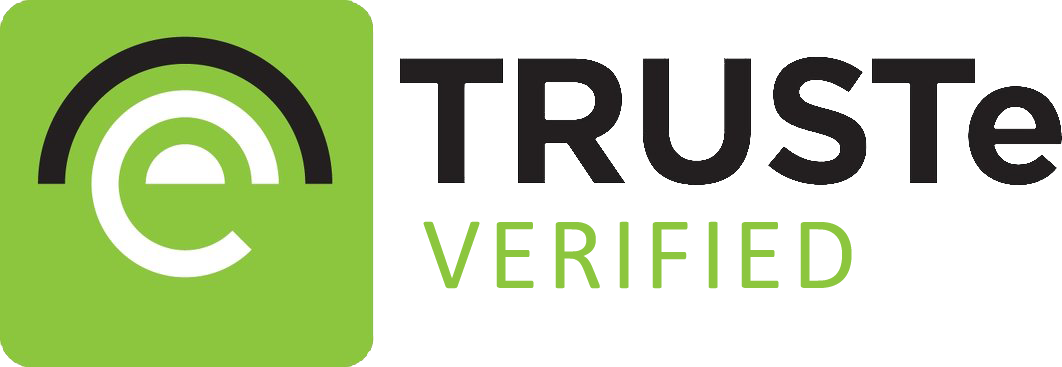3 Security Lessons to Learn From the Ashley Madison Data Breach

The number of online dating sites has recently exploded along with the number of scammers and hackers trying to get your personal information for evil purposes. With all online activity, there are both good and bad guys. The former ones are those who are looking for relationships, and the latter ones are trying to steal your money, identity, or credit cards. The problem is that cybersecurity measures have to be much bigger from both the consumer and business perspective.
As you may know, a popular dating website that connected millions of users, was hacked in 2015. Just in a couple of days a black hat hackers group called “Impact Team TISI +NaN%,” published personal information on several user profiles after the site was shut down. But the story didn’t end at all.
Only a month after Ashley Madison shut down, hackers published another portion of personal profiles which included the private information of 32 million users. Whether you are a member of online dating site or just registered on one of the social networks, you should read this information to protect your privacy in future.
Check out these important tips that will help you to keep from getting hacked.
Extra Tips to Protect Your Personal Information Online
Tip #1. Be Careful With Your Credit Card
Do you know what the biggest mistake Ashley Madison users made? They entered the information from their credit cards.
As you may know, credit cards contain a lot of sensitive information. That was a tool which helped hackers dig most data that was leaked. All the information and transactions are stored in the database every time you pay with credit card.
It goes without saying that we all use our credit cards when making purchases, that’s why when you make online payments, always check whether the site has a lock symbol and https in the URL as it means a safe connection.
Tip #2. Take Additional Steps To Secure Your Private Information
Trustworthy websites like Facebook, LinkedIn, Google, and others use 2-step verification that created an additional level of protection. What is 2-step verification? When you sign up for the first time, a confirmation text or code is sent to your phone so that you could proceed with login.
You can always choose to skip a 2-step verification if you are already logged in from your device. However, if anyone tries to enter your account from another computer, you will receive a notification email or SMS. Moreover, this person will not be able to log in.
Although it seems time-consuming, this step is important if you want to protect your personal information from hackers. Just imagine, to steal your personal information you just need to click on a bad link or use the same password on multiple sites.
Quick tip: Install antivirus software. The antivirus software will let you know whether the site you browse is trustworthy, and the files you download are secure. There are a lot of free antiviruses available. Just use them once a week to scan your computer for threats.
Tip #3. Be Careful What You Say Online
Even if you have chosen a reliable website and follow the tips mentioned above, remember that even the most secure sites can be hacked. As proved by Ashley Madison, all data can potentially be stolen and published online.
That’s why keep your profiles private if you have any sensitive information displayed. Even your hometown or phone number can be used to break into your account and monitor your bank account transactions.
Also be careful what you post online and read how the website uses your personal information.




